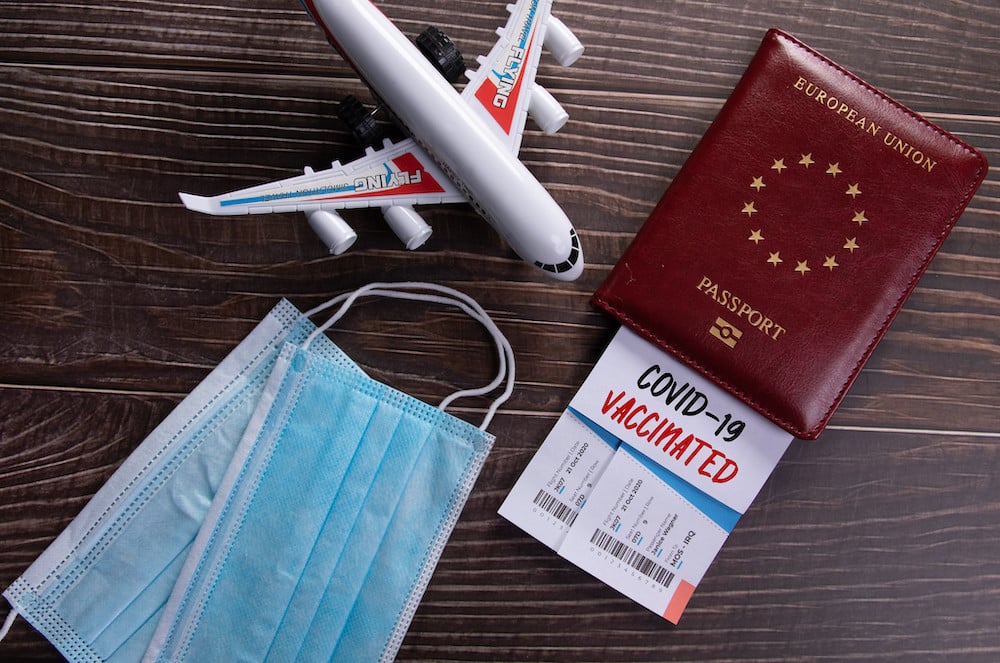
The EU has cleared the way to allow visitors after the bloc provisionally agreed to open up the borders to tourists who’ve been fully vaccinated with an approved vaccine. However, top-level discussions on the introduction of the EU Covid-19 Certificate have reached an impasse.
At a meeting in Brussels yesterday (19 May) of the 27 EU ambassadors, it was agreed in principle to allow non-essential travel from all but a small number of countries, so long as the visitor has been fully jabbed with one of the vaccines approved for use by the European Medicines Agency (EMA) at least 14 days before entry.
The decision still needs to be ratified by the European Council, but that may come as early as today.
Make-or-Break Week for the Digital Vaccine Passport
The loosening of travel restrictions also depends on the successful implementation of the EU Covid-19 Certificate, the so-called ‘vaccine passport,’ which was approved for development by the EU and is due to be introduced across the bloc by June 3. Member states then have six weeks to put the new system into place – such as incorporating the technology into their own national health apps.
However the European Council and the Parliament have not managed to find agreement on whether the certificate should be a binding or non-binding legal measure imposed on the 27 member states.
Negotiations on Tuesday have failed to sort out the issue, with one EU diplomat quoted as saying this is a “make-or-break week” for the digital certificates.
Negotiations have faltered over a number of issues, including an MEP demand that travellers should get access to free – or at least affordable – Covid testing and not have to deal with additional restrictions like quarantines. Negotiators also disagree over the name, with some rejecting the recently adopted EU Covid-19 Certificate.
But member states have argued that each country must be free to set its own additional restrictions when necessary, especially as new variants of the virus become a problem.
Ireland has one of the strictest restriction policies in the EU, including the continuing use of mandatory hotel quarantine for anyone arriving from a so-called ‘red list’ of 55 (as of today) high risk countries. The list includes three EU countries: Belgium, France and Luxembourg.
A failure to strike a deal has put the certificate timeline at risk. However, the Commission insists that the scheme will be up and running in June, with EC president Ursula Von der Leyen saying that a deal by the end of the month is a “realistic aim.”




